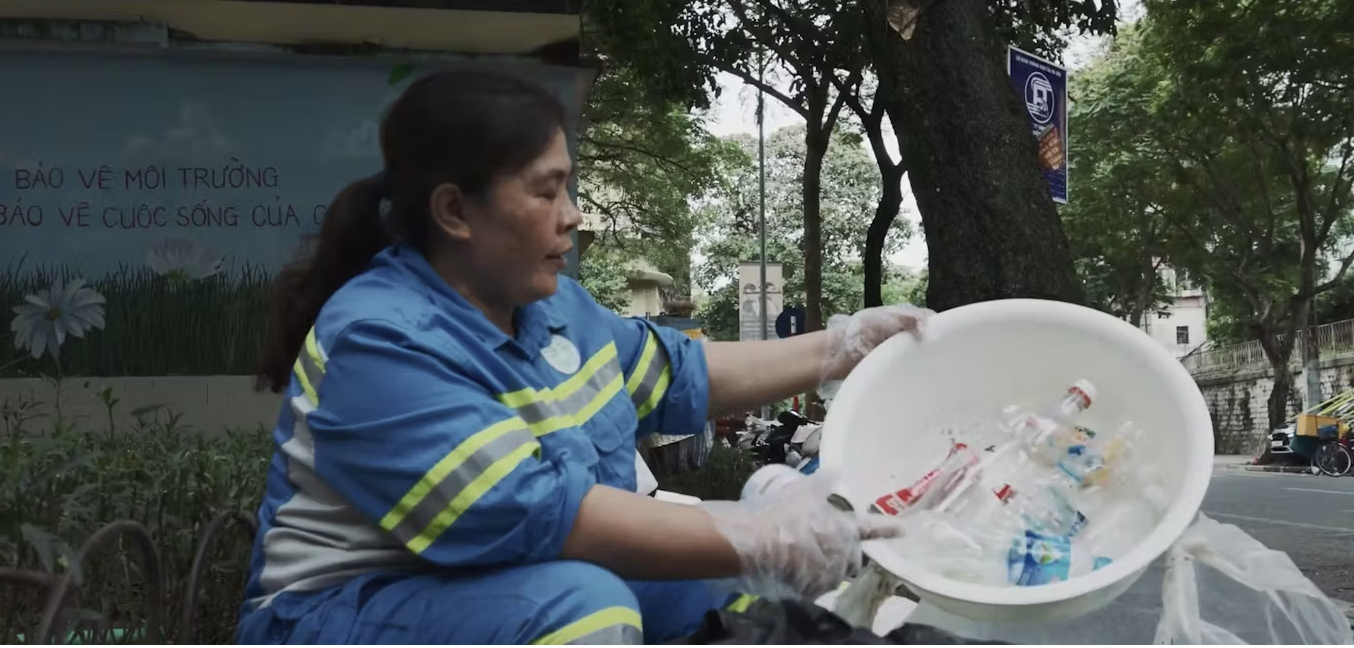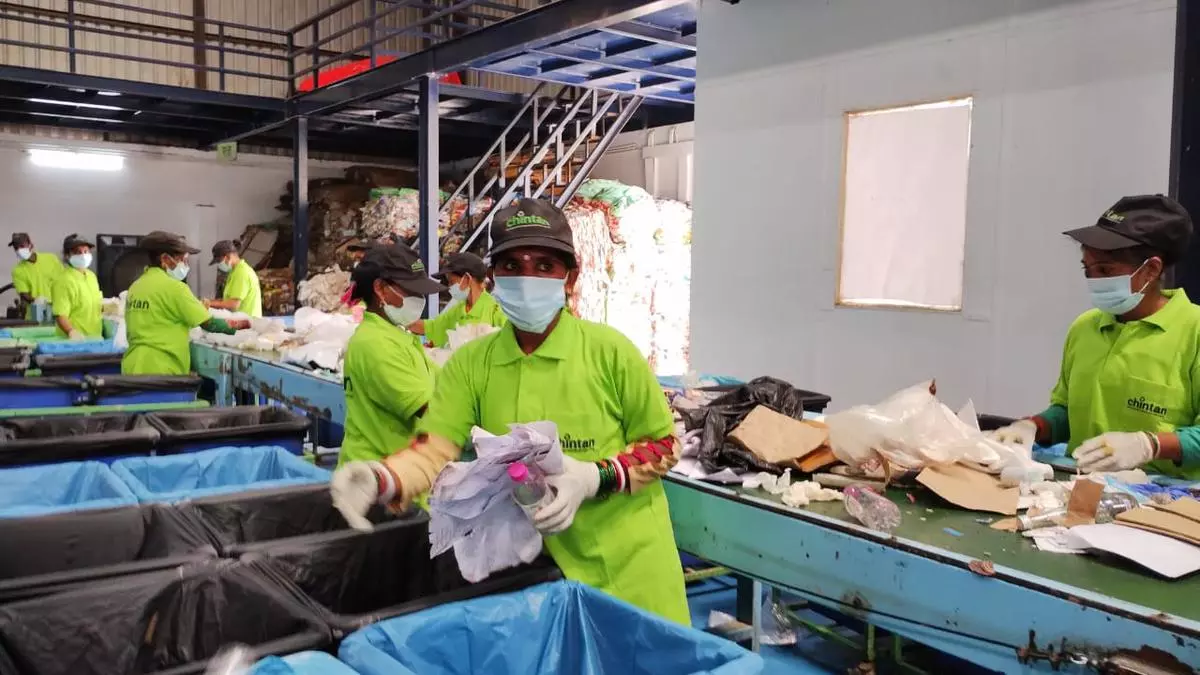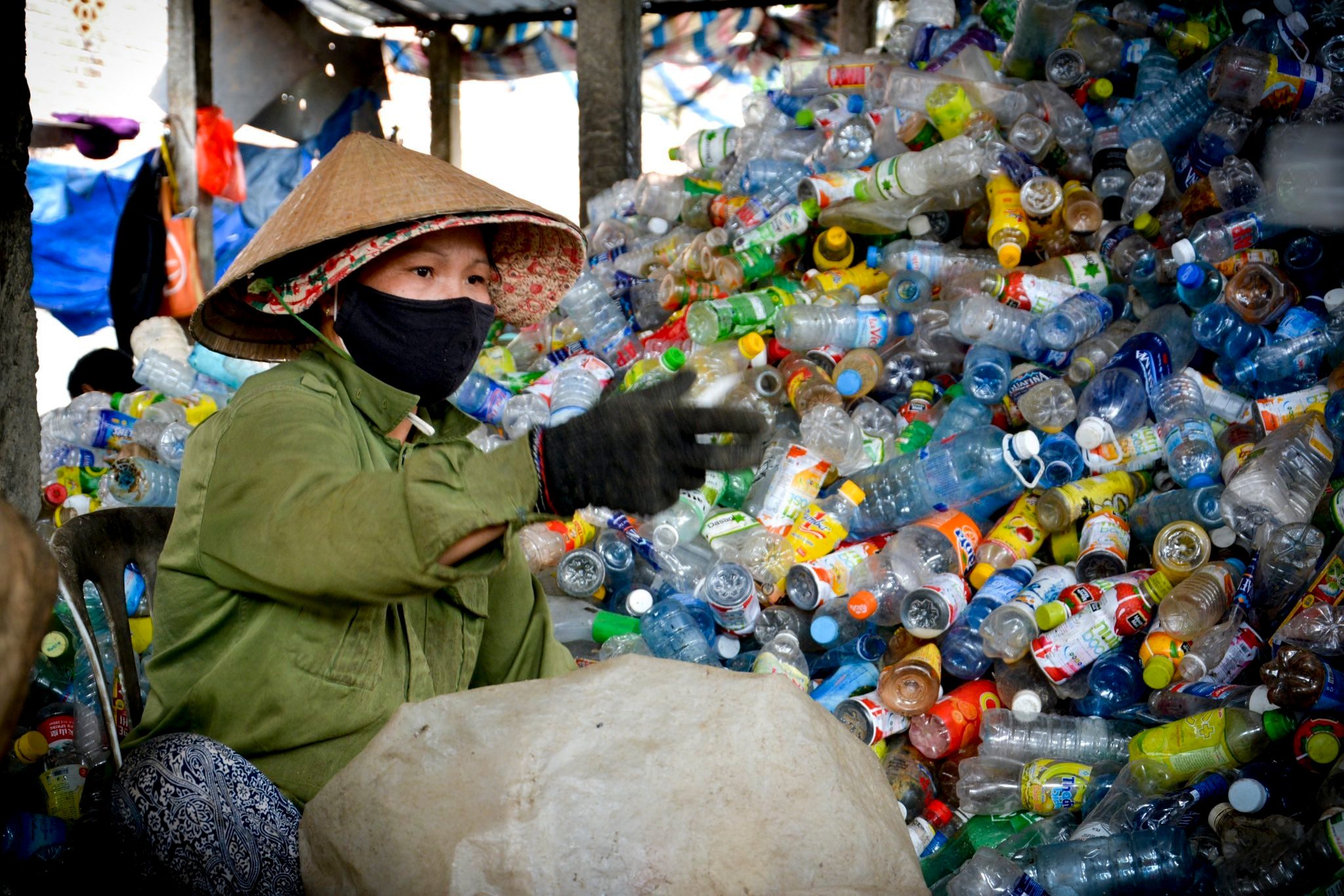“A journey of a thousand miles begins with a single step” (Lao Tzu). The journey of the Circular Economy Stewardship Group began in the midst of the Covid-19 Pandemic with a lot of difficulties; however, turning those into opportunities, contributed to the circular movement in Viet Nam recently.
The CE Pioneer
From 4 different sectors including academia (FTU Innovation and Incubation Space), an incubation hub (Da Nang Business Incubator DNES), the research institute (Institute of Strategy, Policy on Natural Resources and Environment), a development organization (UNDP Viet Nam) located in 2 different regions. They joined hands to develop and implement a never-before circular economy training for businesses, and enterprises in Viet Nam. At the time the term “circular economy” is not popular in the country; this training was the first start on the way toward a sustainably oriented economy. “The CE Pioneer” is the exact term that they should be called.
With the coordination of the UNDP Viet Nam team (Mr. Nguyen Tuan Luong and Ms. Hoang Thi Dieu Linh), the support from ISPONRE with the representative – Mr. Lai Van Manh, the CE training and CE Bootcamp was implemented by 2 implementing partners: FIIS and DNES with the coordinator of Ms. Le Thi Thu Huong and Ms. Luong Thu Thanh.
Mr. Manh shared his impression of the human center approach from UNDP Viet Nam. He also expressed the hope that the regulation of the circular economy will not just lie in the paper but become the tools to accelerate innovation and the development of businesses. He emphasized that an individual, an organization, or a national department cannot make all functions, but it needs the involvement of everybody.
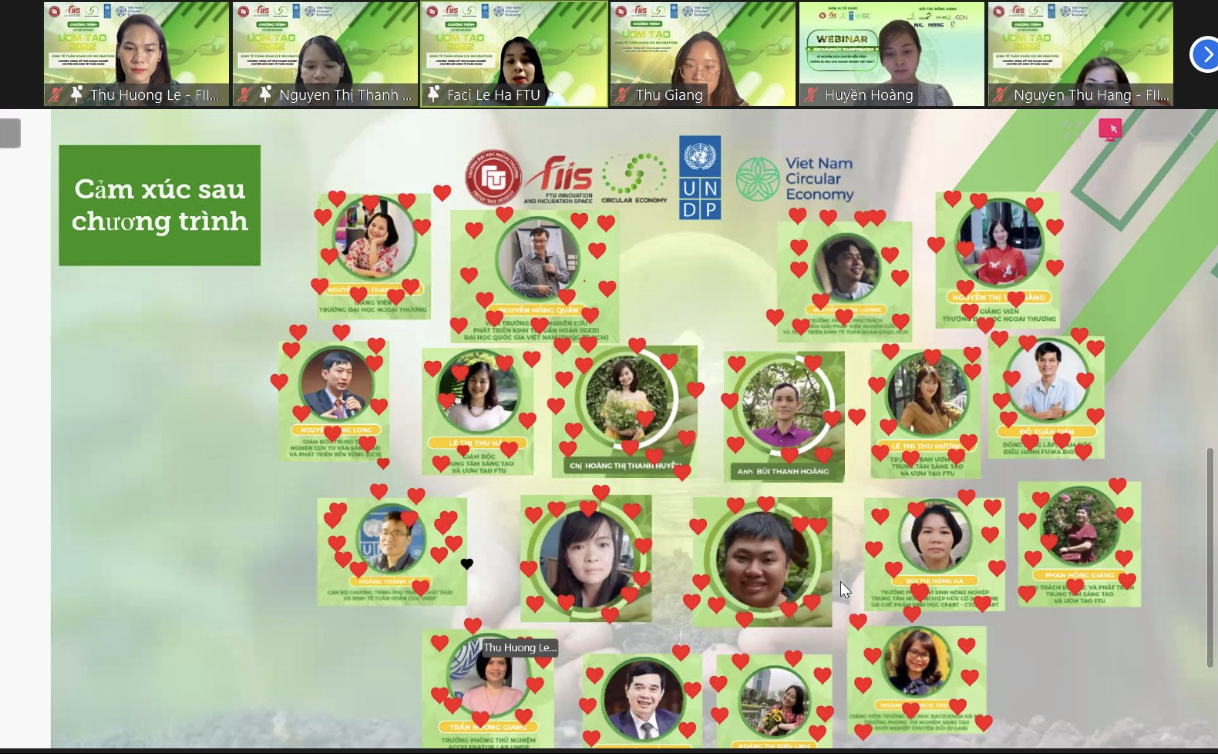
An interactive exercise in the training
Unique points
From the first stage, the “obstacle” the group might face is that the leading team gathers people from different sectors, obviously with diverse backgrounds from academia, and incubation hub to the research institute. They can come from different places but hold one vision to make the circular transition in Viet Nam.
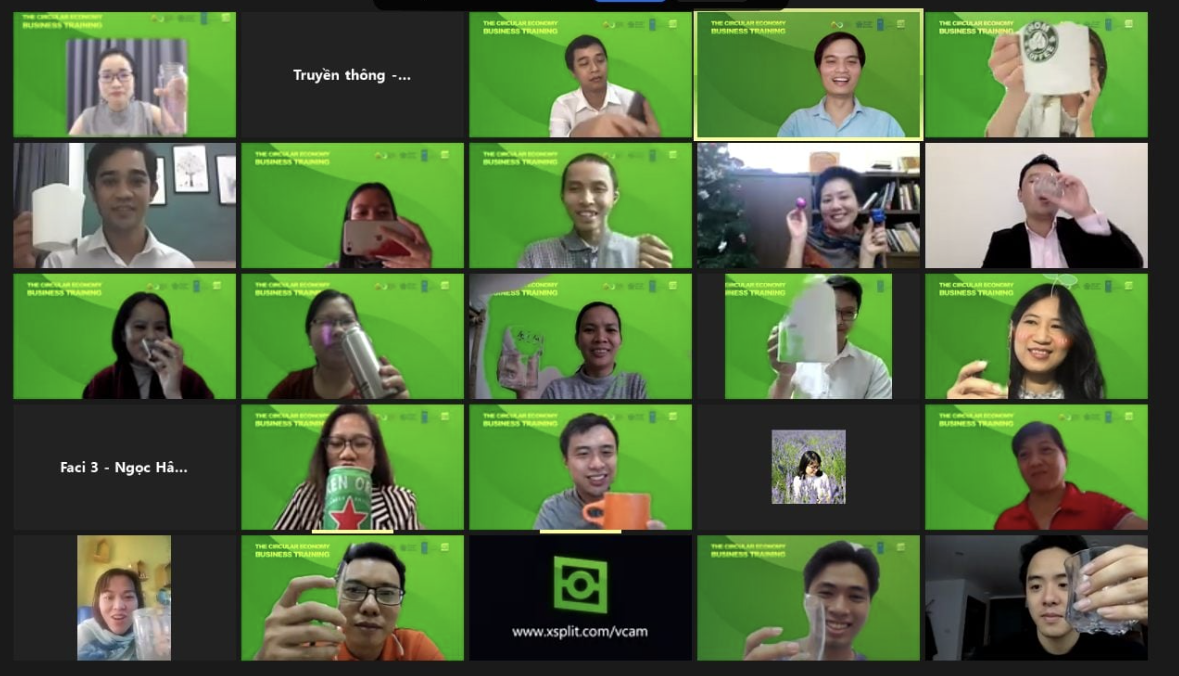
The training hosted by DNES
All the activities implemented by the 2 partners were 100% online due to Covid-19. As shared by Ms. Huong, FIIS was struggling a bit with building the curriculum, then they finally made it to all-online training. Not only that, FIIS and DNES also used innovative ways to deliver the knowledge. For example, they used a filter in Zoom to make the facilitator livelier, attracting the participants’ attention. Many different interactive activities during the training were implemented to e-connect people from diverse backgrounds. Furthermore, Mural (a whiteboard collaboration space) was used to utilize collective intelligence.
Harvesting
The journey seems not too long but not too short and it gained impact on the community. From the coordinator’s view, Mr. Luong proudly shared his “wow” moment regarding the team members’ enthusiasm. The enthusiasm has shown in the way they planned, operated, and implemented both TOTs and CE Bootcamp. The group worked so closely to find the similarity. It is visible that they have one joint mission toward a green and clean future for Viet Nam.

The training hosted by FIIS, FTU
With the Hackathon organized by FTU for the youth community, Mr. Huong proudly shared the number of registrations was beyond her team’s expectation with more than 700 applications from students aged from 18 to 25. As their report shows, the businesses were so surprised at the solutions initiated by youth, and they realized that youth is the most resourceful resource for innovation.
From the DNES viewpoint, Ms. Thanh (DNES) identified that the project is not enough to make a real movement. She emphasized that we still need to accelerate cooperation with other stakeholders. This project should be considered the foundation for the next stage. According to her, patience is the key to moving forward with sustainability. During her facilitator time, she realized there existed several businesses that approached the circular business model even 10 years ago such as L’ang Farm Dalat.
Let’s “circular” together
Viet Nam is entering a new development era (2021-2030) with the ambition of developing the country on a new journey along with a sustainable-oriented focus. To, Viet Nam is still on the way to transitioning to a circular economy. It needs the joining hands of all stakeholders and sectors in the political-social-economic system. This was not an easy journey, but so far, the Stewardship group has made visible changes in the green economy by thinking and doing sustainability.
Mr. Luong has said that “Every change starts with our actions first, the change inside is far better than the change from outside.” He also emphasized that “circular economy is a matter of value when people choose which value they will chase”. The story of the CE stewardship group will not end here but will accelerate in phase 2 of the project with the participation of other partners. Together, we can go circularly.














